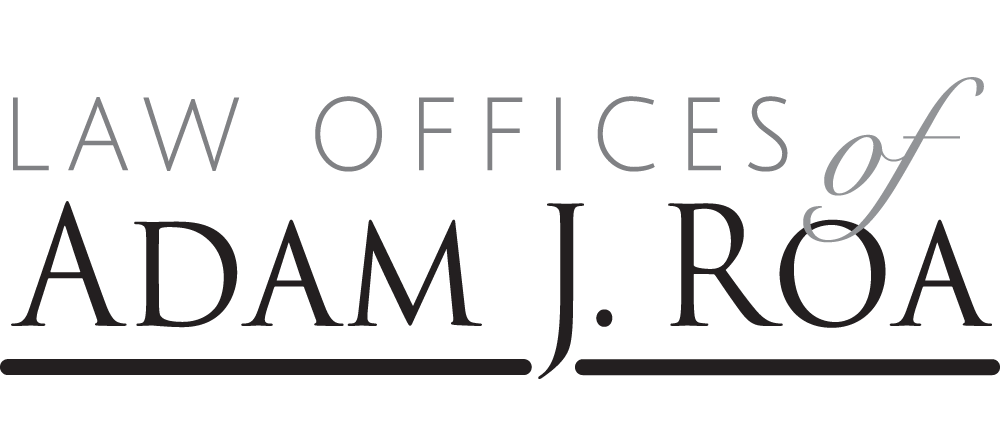Asset Transfer Does Not Trigger Penalty
Normally, for every $6,800 transferred out of a Medical Assistant’s name or their spouse, it will result in a penalty of one month of ineligibility. However, a frequent question is what happens if my parent transferred funds when they were healthy but during the five year look back period?
Maryland case law on this is silent. However, a New Jersey case highlights, at least in New Jersey, how the court ruled in favor of the applicant with a $100,000 transfer.
“A New Jersey administrative law judge finds that a Medicaid applicant who was healthy at the time he transferred funds to his daughter transferred the funds for a reason other than to qualify for Medicaid. R.C. v. Division of Medical Assistance and Health Services and Hudson County Board of Social Services (N.J. Office of Administrative Law, Hudson County, OAL DKT. NO. HMA 08047-10, Oct. 22, 2010).
While R.C. was healthy he transferred $100,000 to his daughter to help with her financial problems. A year later, R.C. suffered a stroke and his health began to deteriorate. He was eventually admitted to a nursing home.
R.C. applied for Medicaid benefits. The state denied benefits, finding that R.C. had made an uncompensated transfer of assets to his daughter. R.C. requested a hearing.
The administrative law judge (ALJ) reverses, finding that the transfer was made exclusively for a purpose other than establishing Medicaid eligibility. The ALJ concludes that because R.C. was employed and in good health when the transfer occurred and the stroke was unexpected, R.C. provided convincing evidence that he did not transfer the money in order to qualify for Medicaid.” From Elderlawanswer.com.
Federal law and the Maryland Medical Assistance Manual allow this exception. However, in practical terms, there is a huge gray area concerning which facts fit within this exception. If this exception were to be utilized in a Maryland Medical Assistance application, expect the application to be denied and the issue to be decided on appeal.

